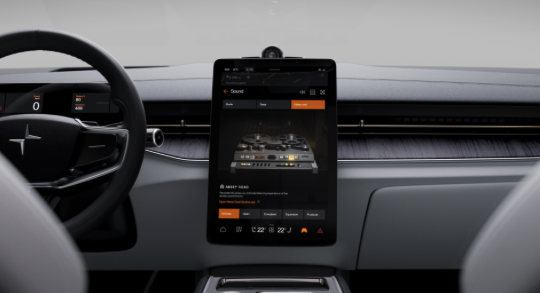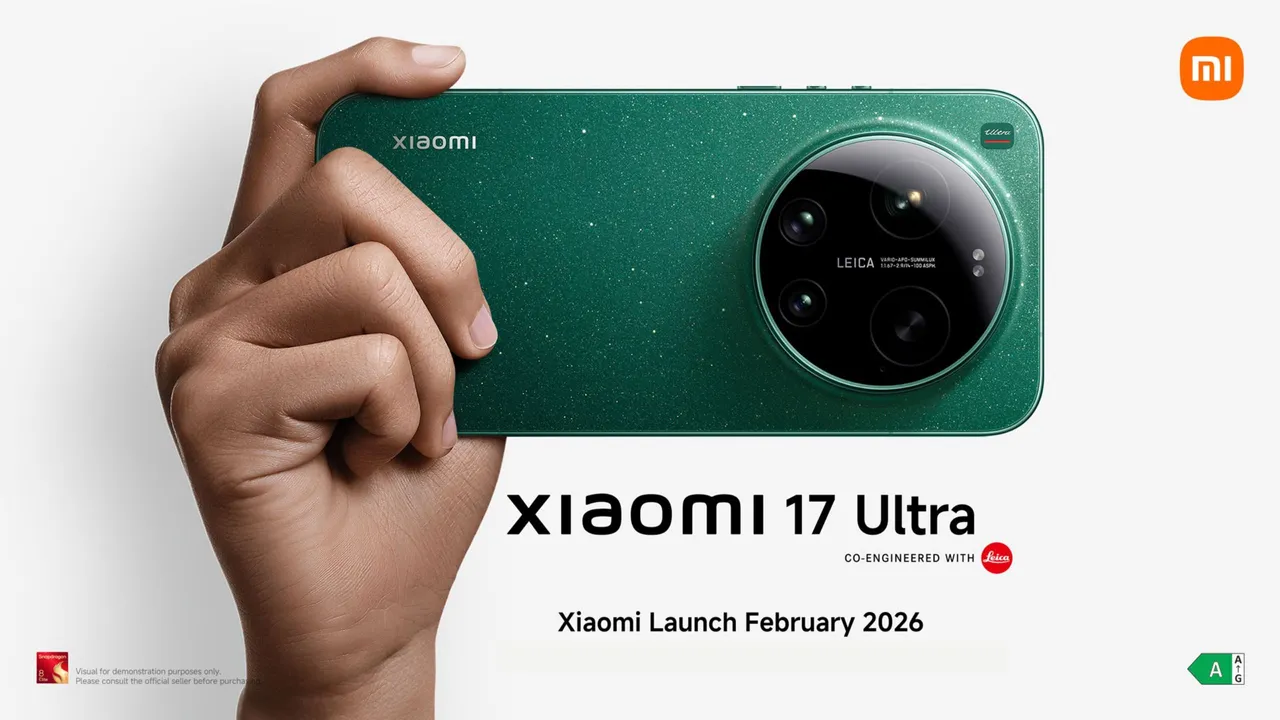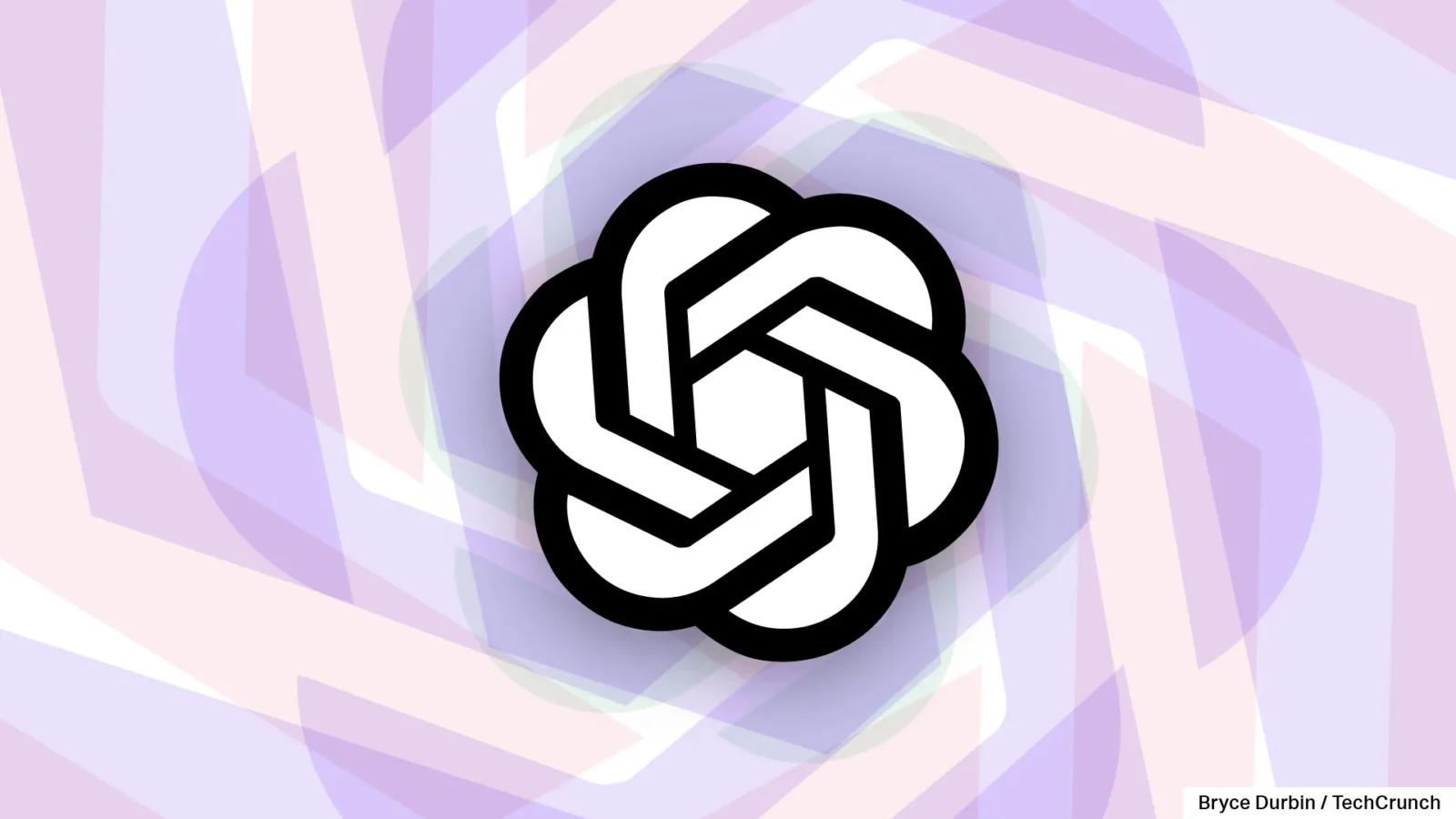Polestar has rolled out new over-the-air software updates for the Polestar 3 and Polestar 4 in the UAE, bringing incremental but practical changes to both models. These updates, delivered remotely without the need for a service center visit, highlight how modern EVs are increasingly shaped by software as much as hardware.
For the Polestar 3, the update introduces an audio feature called Abbey Road Studios Mode, which brings four new presets and a Producer mode aimed at giving drivers more flexibility in sound customization. While the branding leans heavily on the reputation of the London recording studio, the update essentially expands audio tuning options for a more personalized in-car listening experience.
Charging convenience has also been improved with a Smart Charging Schedule that allows drivers to program charging times based on routine use, with the added benefit of optimizing battery health. Location-based charging settings can now be linked directly with the Polestar app, helping users align their charging habits with preferred places and times. On the driver assistance side, Pilot Assist now integrates Curve Speed Assist, a system that automatically adjusts speed when entering or exiting curves, aiming to make semi-automated driving smoother.
The Polestar 4 receives its own round of refinements, focusing on customization and driver comfort. An edit button for the Favourites app and Shortcuts widget makes it easier for drivers to arrange their most-used functions on the central display. Car Wash Mode, already part of the vehicle since launch, has been updated to disable sensors during automated washes, preventing unnecessary alerts. More notably, Pilot Assist gains smarter lateral control, smoother cornering behavior, and broader speed support for Adaptive Cruise Control, now usable up to 180 km/h. These changes are less about headline-grabbing features and more about polishing the overall driving experience.
Polestar frames these updates as a reflection of customer feedback and collaboration with service technicians in the UAE, emphasizing its intent to make EV ownership less static and more adaptable. While the upgrades are incremental rather than transformative, they reflect a broader industry shift: electric vehicles are no longer fixed products but evolving platforms that can gain new functionality over time.
This approach is becoming a competitive differentiator in the EV market, where software flexibility can be as important as range or performance. For drivers, it means their vehicles can remain current without the disruptions of dealership visits, and for Polestar, it ensures continued engagement with its user base long after purchase.







